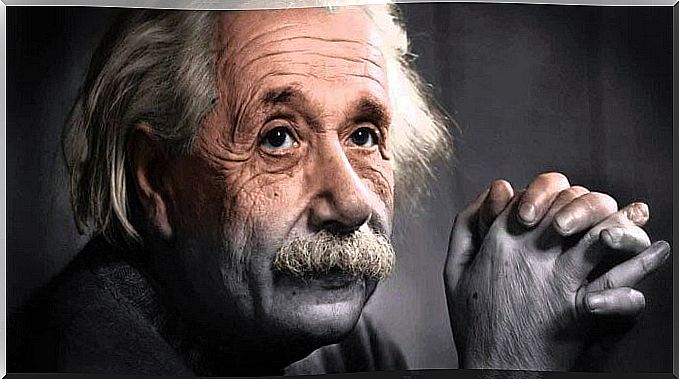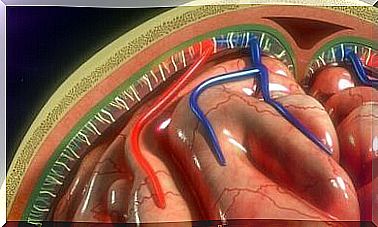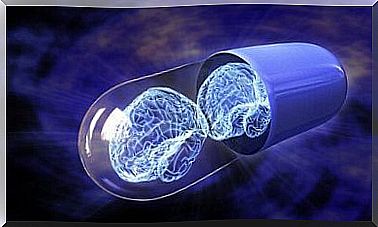Albert Einstein: Biography Of A Revolutionary Genius
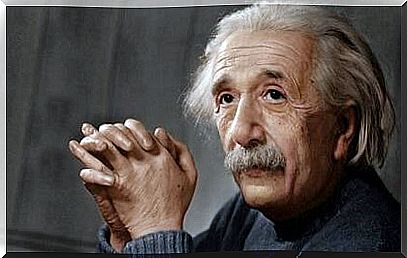
More than a scientist, Albert Einstein was an inspiring visionary. He found beauty in the dark, revolutionized physics, and made us understand the universe differently. He often claimed that he was just an extremely curious man. This side of him, his curiosity as well as his creativity, were undoubtedly his greatest asset.
To speak of Einstein is to refer to one of the most charismatic figures of the 20th century. Andy Warhol has also converted his image into a real icon. We all know the famous equation of equivalence between mass and energy: E = mc * 2. Above all, we owe him the establishment of the foundations of cosmology, static physics and quantum mechanics.
For this reason, many define him as the “father of the atomic bomb”. Despite himself, his work facilitated the development of the Manhattan Project and its obvious consequences. Nonetheless, Einstein has always personally defined himself as a pacifist.
In fact, it was common for him to feel regret, as he had convinced President Roosevelt to fund his research. No matter what happened, all of his advancements and discoveries changed history in many ways.
For example, the work of Albert Einstein was key for another great scientist: Stephen Hawking. His legacy is so vast and so inspiring that much of his predictions are still confirmed today. This was the case for example with gravitational waves.
The life of a child without (apparent) talent who amazed the world
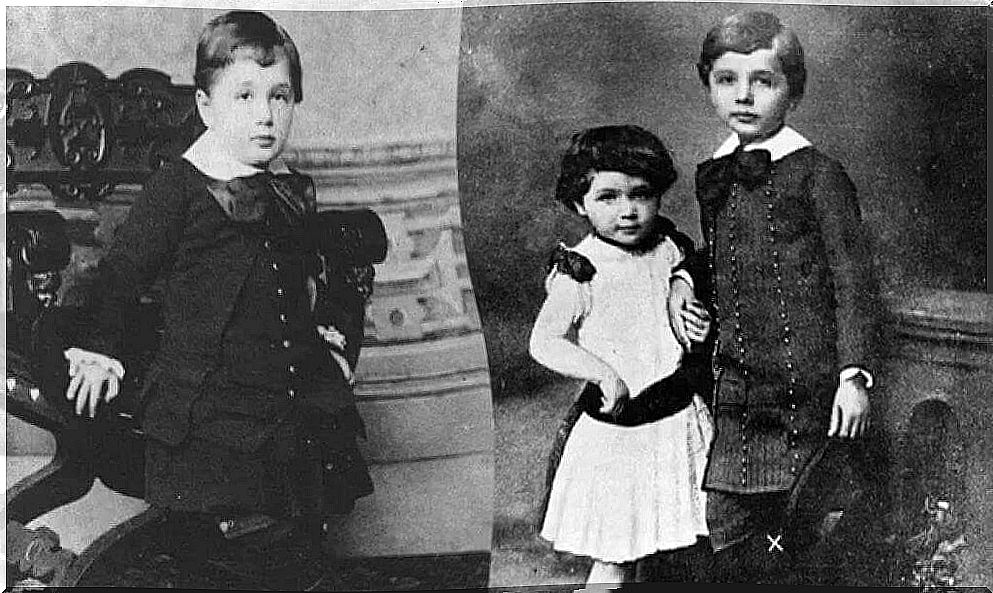
Albert Einstein was born in Ulm (Germany), into a Jewish family. His father, Hermann Einstein dedicated his activity to the grain trade. His mother, Pauline Koch, played the piano. As we can understand, the musical facet has always accompanied the famous scientist.
It should be noted that his first years of study were not very successful. He started speaking very late, and he was also a very slow kid in the reading / writing process. At first, his character did not seem to favor him: he was very cold, silent and introverted. Because of this, his parents as well as his teachers believed that Einstein suffered from some type of delayed maturity.
According to him, this stage of his life was a period of subtle meditation that allowed him to ask himself questions that no child of his age did. At 7, he already had many questions about space and time. Little by little, and thanks to the musical education of his mother, his patient sister and his uncle Jakob (a great enthusiast of algebra and research), little Albert opened up to the world and to his passion for the knowledge.
At the age of 15, he began to study infinitesimal calculus on a self-taught basis. At 17, he joined the Swiss Federal Institute of Technology in Zurich (Switzerland) to study physics and mathematics. Soon after, he met the love of his life, Mileva Marić, a brilliant classmate of Serbian origin with whom he had 2 children.
His legacy as a scientist
In 1905, he developed various fundamental works which remain in his scientific heritage. In his first work, he already deepened Brownian motion ( random motion of particles in a fluid medium ). The other works referred to significant facts such as the photoelectric effect, special relativity and the equivalence between mass and energy.
The photoelectric effect won him the Nobel Prize for Physics almost two decades later, in 1921. Albert Einstein was a professor and later lectured at the universities of Bern, Prague and Berlin. However, with Hitler coming to power in 1933, he had to move to the United States. There he spent the last 25 years of his life and he became the great renowned scientist we all know.
Einstein left us on April 16, 1955 after suffering from a hemorrhage caused by an attack of an abdominal aortic aneurysm. He was then 76 years old.
Albert Einstein was an innovative genius
Albert Einstein was an innovative genius. He made use of what he defined as mental experiences. He spent a great deal of his time imagining different aspects of his theories. Einstein used to visualize, for example, a man traveling through space inside an elevator. He also imagined blind beetles crossing curved surfaces.
These experiments allowed him to explain, without the need for a telescope, aspects concerning the force of gravity or the way in which the photons of light (his blind beetles) move by following a curved path and not a straight line as we see it. believed. The legacy left by Einstein survives and moves forward. Even today, many of his theories are demonstrated, those he had previously conceived in his imagination.
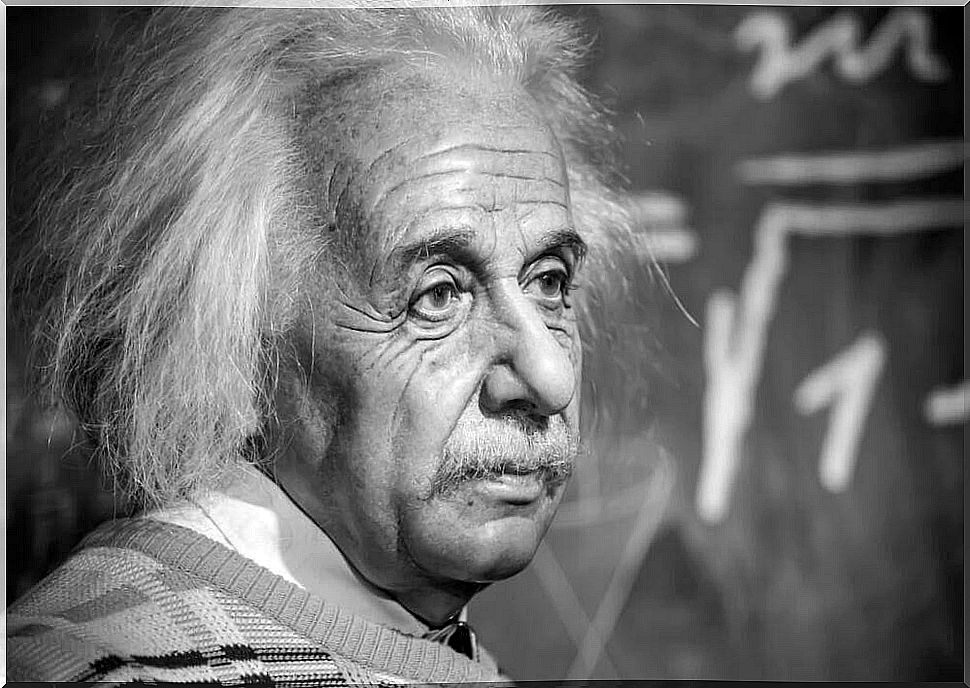
The photoelectric effect
Many believe that Albert Einstein received the Nobel Prize because of his theory of relativity. However, he did not receive it for this research, but for his work on the photoelectric effect. In fact, thanks to this progress, today we have essential technologies such as television, solar panels, microprocessors, motion detectors, photocopiers, digital cameras, automatic lights, etc.
The theory of relativity
In 1915, Einstein presented his theory of relativity to the Royal Prussian Academy of Sciences. With this theory, he tried to substitute Isaac Newton’s law of gravity. This theory provided the most important basis for optimizing the knowledge we know today about the Universe.
Additional contributions
Albert Einstein’s legacy is extremely broad and he began with his first publications in 1905. Going through Brownian motion, the equivalence between mass and energy and ending with his theory of the unified field.
The latter occupied him for a large part of his end of life. His goal was to unify his studies of gravitation and electromagnetism. These are contributions that he made and which are less well known.
In the news, many proposals still do not have an answer. Sometimes, we find them little by little in order to show us undeniable facts. Albert Einstein was a pioneer when it came to unraveling secrets about the universe and the mysteries of the atom.
His creativity, like his creativity, had no limits and both of his qualities were linked to his rebellion, his critical mind capable of defying anything others took for granted. Ultimately, this is what defines the attitude of a genuine scientist. Challenging what is established defines the attitude of a true explorer of knowledge.
